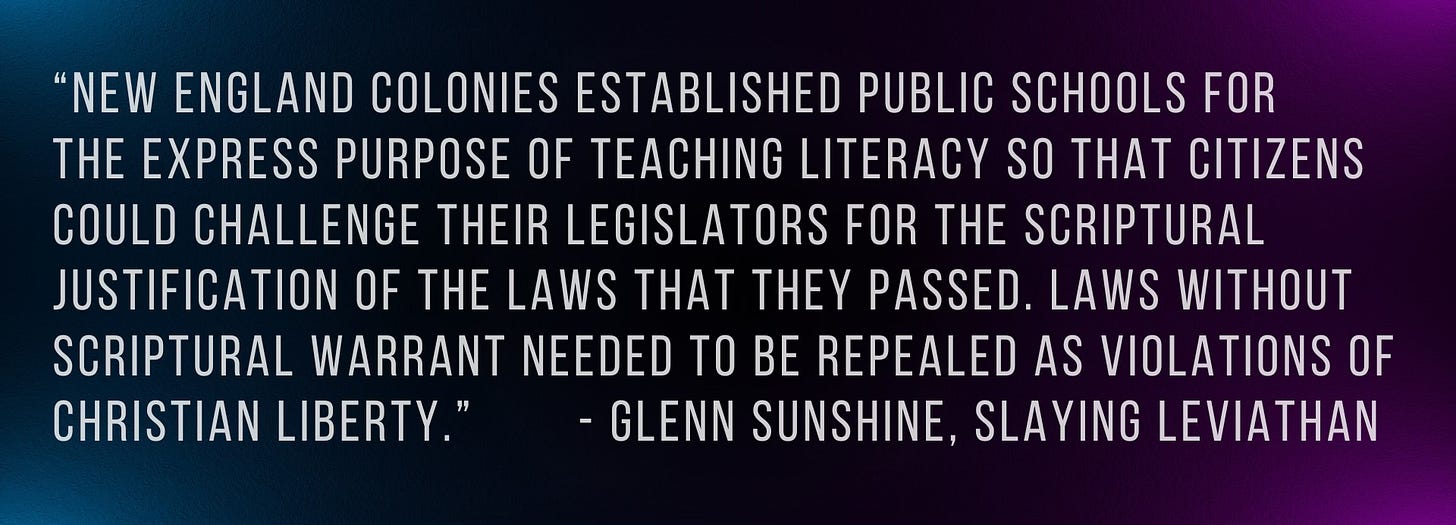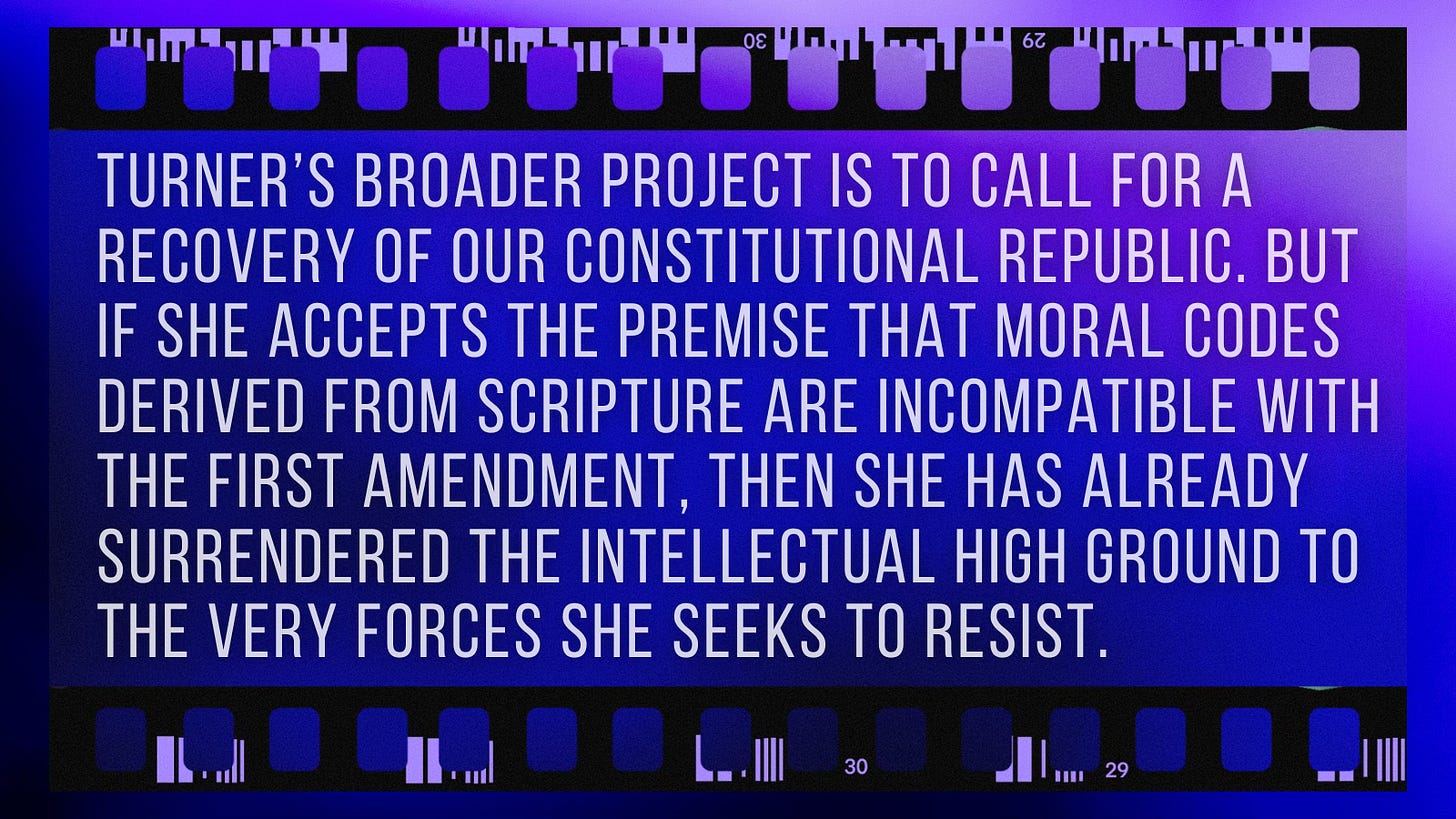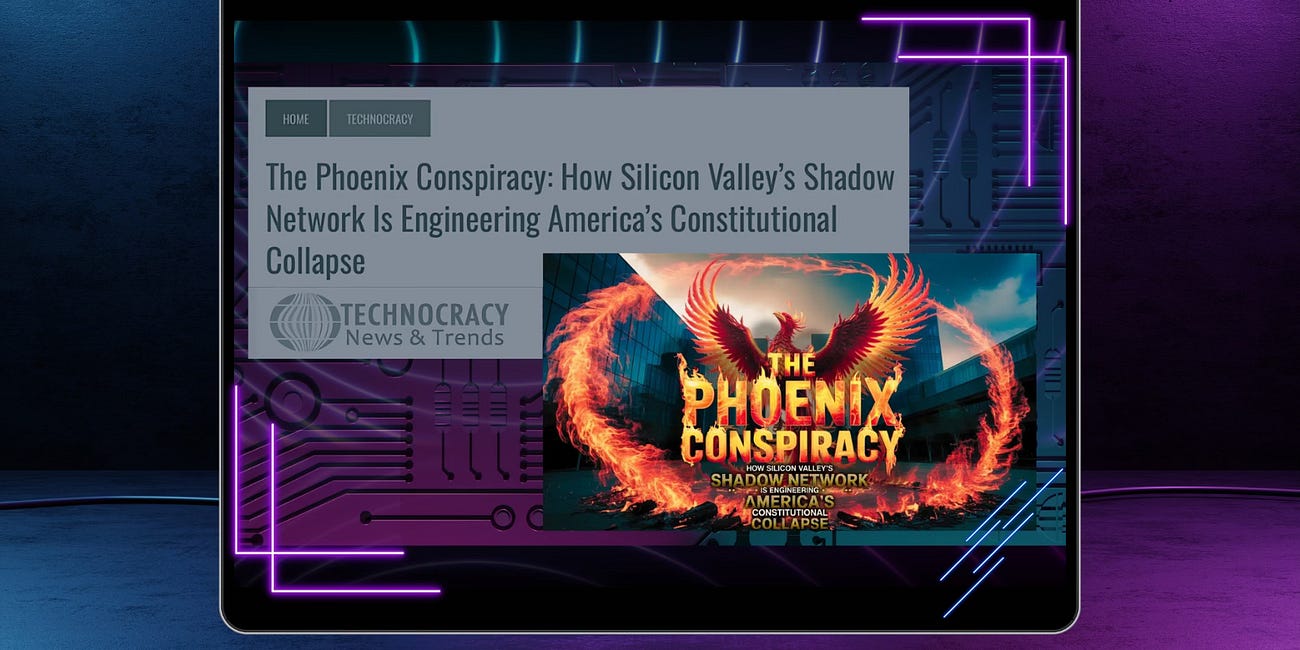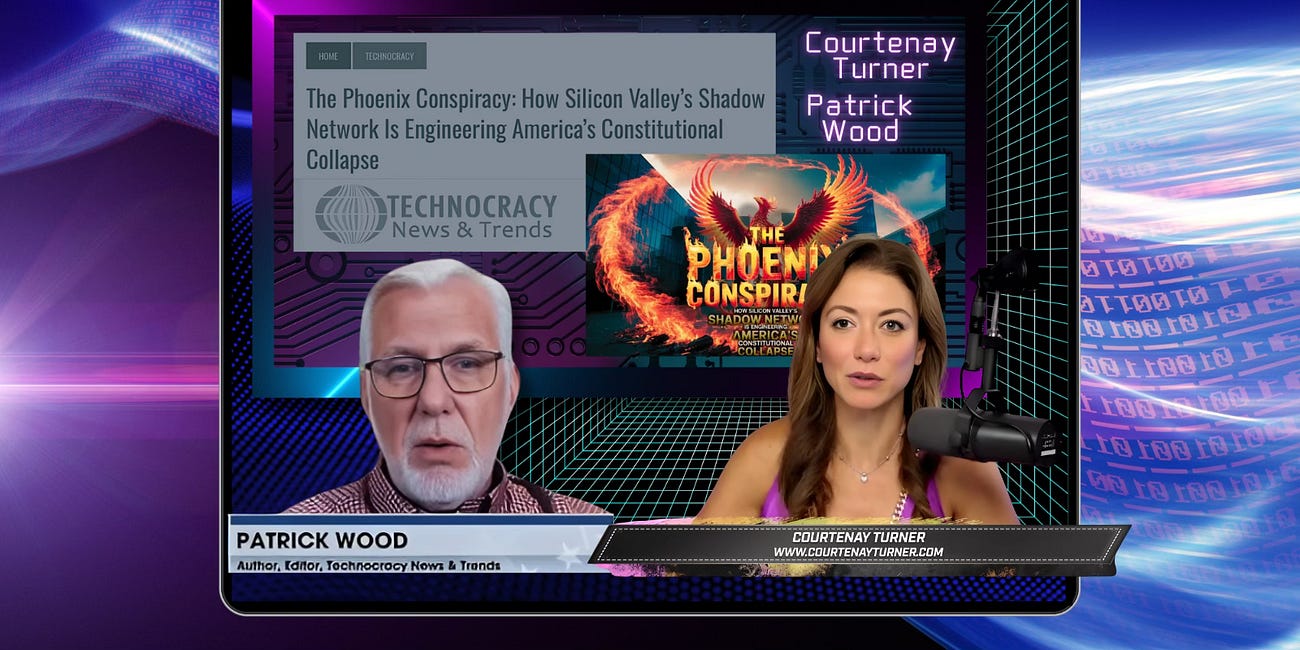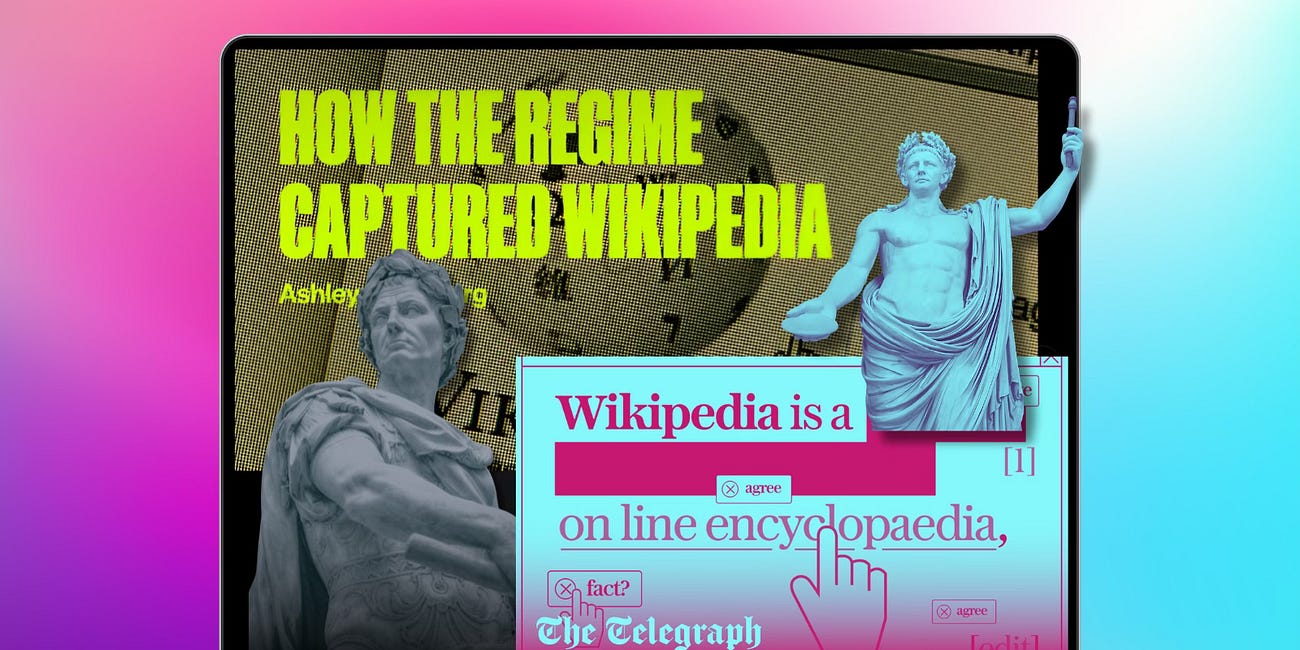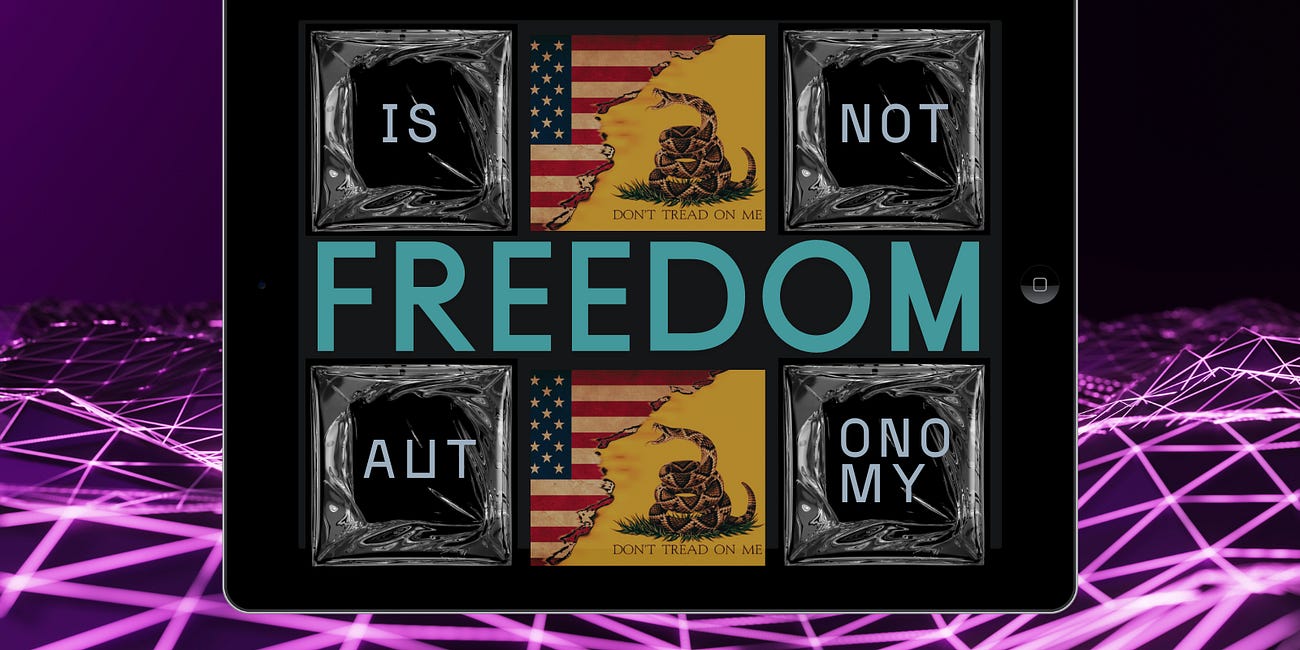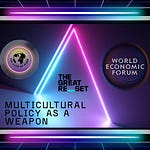The invitation for a public or private dialog is always open to Courtenay Turner and any others who believe in defending the original intent of the Founders and the Constitution/Bill of Rights.
Silencing Challengers vs. Sharpening Arguments
Recently, we were blocked by Courtenay Turner on social media after offering respectful but direct challenges to some of her assertions. And while we hold no bitterness toward her personally, it brings up a vital issue that goes beyond any one individual: how we respond to disagreement is a test of whether we truly believe in liberty.
This is serious work. Some of the most important work anyone can do is to defend the freedoms of people everywhere. We have to be willing to listen, to consider challenges to our own positions, and to be corrected if it warranted. The mark of a great thinker, a sincere and honest voice in the public square, is the ability to consider a challenge and then if love of truth requires it, to change his position and to stand firm in his ability to be corrected.
The American Founders understood this well. These were not men who agreed on every issue. They debated fiercely, often with strong words, deep theological divides, and even personal animosity. Federalists and Anti-Federalists clashed over the nature of the Constitution. Adams and Jefferson exchanged blows in print and from the pulpit of politics. But they didn’t retreat into echo chambers. They didn’t block or cancel each other. They refined their arguments through debate, and it was that process, often painful, that gave us the most remarkable constitutional system the world has ever known.
True liberty is not preserved by excluding those who challenge us, it is defended through exposure to challenge. Because if your position cannot endure scrutiny, perhaps it needs refining. And if your ideas are truly rooted in truth, what do you fear?
Blocking people who disagree may feel safe. It may maintain your curated narrative. But it is not the way of liberty. And it is certainly not the example of Christ, who responded to questions, even hostile ones—not by fleeing, but by speaking with authority, grace, and clarity.
We should welcome the sincere challenge. Iron sharpens iron. And truth, when it is truly held in humility, is never afraid of a question. Let us then not retreat into digital fortresses. Let us engage graciously, firmly, and with the courage that truth deserves. Because the future of liberty will not be defended by those who block and ban.
Christianity Has Always Been Anti-Statist
It was Christianity that brought down the Imperial Cult of Rome, not by coercion or force, but by the quiet, resolute, and faithful witness of ordinary people whose hearts had been transformed by the truth. While Rome demanded allegiance to Caesar as a god, Christians proclaimed with unshakable conviction that Jesus Christ is Lord—and they meant it in the public square. They refused to burn incense to the emperor. They refused to call any earthly ruler “divine.” And in doing so, they exposed the limits of earthly power and the lie at the heart of every tyranny: that man is ultimate.
Christianity did not conquer Rome by raising an army or seizing political office. It triumphed by converting souls—by offering a truth so compelling, a liberty so real, and a love so divine, that not even the might of Rome could suppress it. And it is precisely that moral and spiritual foundation—grounded in objective, transcendent truth—that later gave rise to the concepts of individual dignity, natural rights, and constitutional government in the West.
Fast forward to the American founding, and we see something truly rare in history: a political system that openly acknowledged man’s fallenness, limited government power, and declared that all men are “created equal,” endowed by their Creator with certain unalienable rights. That language, created equal, endowed by the Creator, is not metaphor. It is theological. The idea that rights come not from government, but from God, is rooted in Scripture, not secularism. It is the doctrine of the image of God, the imago Dei that undergirds the American concept of liberty. Remove that foundation, and the structure collapses.
And yet today, we are told that in order to “preserve” the Constitution, we must sever it from the very Christian worldview that gave it meaning. We’re told that the Ten Commandments, while a “good moral code,” somehow violate the First Amendment. That faith must be private, hidden, and removed from public life if liberty is to survive. But here is the irony: that position contradicts not only history, it undermines liberty itself.
Because if you remove God as the source of rights, who fills the vacuum? The state. And when the state becomes the giver of rights, it also becomes the taker. That is not freedom. That is tyranny with a smiling face.
We are not here to demand a theocracy. We are not arguing that Christianity must be forced on anyone. But we are saying that Christianity must not be cut out of the conversation if we care about truth, liberty, and the future of our republic. The founders didn’t separate morality from governance, they tethered it to divine law. And the further we drift from that foundation, the more unstable our so-called freedoms become.
So let’s recognize what has always been evident to honest observers: that biblical Christianity is not a threat to liberty, it is its guardian. And if we are to recover the blessings of liberty, we must return to the Source that made them possible in the first place.
Why the Ten Commandments and the First Amendment Are Not in Conflict
In her interview, Courtenay Turner asserts that while the Ten Commandments represent “an excellent moral code,” they nonetheless “stand in fundamental opposition to the First Amendment.” This is not only a historically and legally erroneous claim—it is a profoundly dangerous one. It inadvertently severs American liberty from its biblical roots and affirms the very secularism Turner claims to oppose. In doing so, she unintentionally undermines her stated goal of restoring America’s constitutional republic.
To begin, the assertion that the Ten Commandments oppose the First Amendment relies on a modern, revisionist understanding of the Establishment Clause—one foreign to the Founders themselves. The First Amendment reads:
“Congress shall make no law respecting an establishment of religion, or prohibiting the free exercise thereof…”
This language was not designed to ban religious influence from public life or moral instruction, but to prevent the federal government from establishing a national church or coercing religious conformity. The Founders did not believe that the presence of religious moral codes in the public square constituted an “establishment.” In fact, quite the opposite is true.
At the time of the First Amendment’s ratification, many states still maintained official Christian confessions or required religious tests for office. Public school curricula regularly included Bible readings and moral instruction drawn directly from Scripture. Even the Northwest Ordinance of 1787, passed by the same Congress that framed the Bill of Rights, declared that:
“Religion, morality, and knowledge being necessary to good government and the happiness of mankind, schools and the means of education shall forever be encouraged.”
What religion and morality were meant? Not some abstract moral code of Enlightenment deism, but the specifically biblical moral framework that had shaped the Anglo-American legal tradition for centuries.
Turner’s claim that schools may not post the Ten Commandments—because it would violate the First Amendment—reflects the judicial activism of the 20th-century Supreme Court, not the original intent of the Constitution. In Stone v. Graham (1980), the Court declared that posting the Ten Commandments in a public school was unconstitutional, because “if the posted copies… have any effect at all, it will be to induce the schoolchildren to read, meditate upon, perhaps to venerate and obey, the Commandments.”
This astonishing line of reasoning openly reveals the Court’s fear: that children might believe and obey a moral code. But is that a problem or the point of moral education? If they are not being coerced, then what is really wrong with obeying the Ten Commandments? Is this somehow a manifestation of tyranny?
Turner appears to adopt this line of thinking, suggesting that schools are arms of the state and therefore cannot acknowledge the transcendent truths upon which liberty depends. But this contradicts her broader claim to support local autonomy, parental rights, and the recovery of our constitutional heritage.
To put it simply: if the Ten Commandments are an “excellent moral code,” and if a community school freely chooses to post them—not as a mandate of federal law, but as a reflection of moral heritage—how is that coercion? How is that “establishing a religion”? Is teaching “do not murder,” “do not steal,” and “honor your parents” now theocratic oppression?
This line of thinking leads not to liberty, but to a secularist totalitarianism that outlaws moral truth. It creates a vacuum, one that is quickly filled by the state’s own ideological catechism: Diversity, Equity, and Inclusion; Social Emotional Learning; gender ideology; and revisionist civics. These are not less religious than Christianity. they are competing religions masquerading as neutrality.
Ultimately, Turner falls into the error of many contemporary dissidents: she wants the fruit of biblical Christianity—objective morality, personal responsibility, local self-government, and dignity of the individual—without the root, which is God’s revealed law. But this is impossible.
The truth is this: the Ten Commandments are not in conflict with the Constitution. They are its foundation. They provide the moral framework for the rule of law, the protection of rights, and the discipline of liberty. Without them, “freedom” becomes a euphemism for chaos or coercion.
The First Amendment was never meant to secularize the public square. It was meant to protect the free expression of biblical morality, while preventing the federal government from mandating a particular sectarian structure. To forbid the Ten Commandments from being seen in public is not neutrality, it is the establishment of a rival orthodoxy.
In the end, biblical Christianity is not a threat to the Constitution. It is its best friend. And those who truly wish to recover America’s constitutional republic must begin by recovering the moral foundation that made it possible.
As the Psalmist wrote:
“If the foundations are destroyed, what can the righteous do?” —Psalm 11:3
Let us not destroy the very foundation upon which our liberty rests.
Is “A Good Moral Code Forbidden by Law?”
Do we know what the original purpose of public education was, before it was completely corrupted by the Prussian military model? Do we know our own history?
We hear this all the time from good people who mean well and are really trying to save the public education system from collectivist indoctrination. They tell us that invoking religion in the education debate is a “non-starter” because those who are not religious will oppose any claims from a Christian doctrinal perspective and thus, the argument will fail. How did this become the operating assumption? This is a fundamental misunderstanding of both America’s founding principles and the nature of the threat we face.
The truth is that those Americans who claim they are not particularly religious are the very ones who should be most concerned and cobelligerent with Christians in defense of the First Amendment. As we have documented here for ages, the modern public education system has already been captured by a state sponsored religion—through SEL, Critical Pedagogy, and therapeutic identity training—cloaked in secular terminology. To ignore this reality and arbitrarily restrict Christian principles from the debate is to surrender liberty of conscience which is at the very heart of our constitutional republic.
The Establishment Clause of the First Amendment exists precisely to prevent the government from imposing any comprehensive belief system—religious or not—on its citizens. The founders did not seek a religion-free public square; rather, they sought to prevent the federal government from establishing a civil religion that would coerce belief and suppress dissent. If you suppress the Christian perspective, or say it's not welcome because it may offend the so-called “non-religious,” you are undermining your own purpose by suppressing dissent.
Today’s “neutral” education system does exactly what the First Amendment forbids: it imposes an ideological worldview that answers ultimate questions—what it means to be human, what is moral, how salvation or transformation is achieved (through “critical consciousness,” “gender identity,” or “emotional wellness”)—all the while punishing those who dissent.
The original purpose of public schools in America was to train citizens in how to defend against tyranny.
As Glenn Sunshine argues in Slaying Leviathan, Christianity, not secularism, provides the theological foundation for limited government. It recognizes distinct spheres of authority (family, church, state), each with God-ordained boundaries. SEL and Critical Pedagogy violate this order by inserting the state’s hand into the child’s soul, shaping affections, identity, and conscience.
The Founders understood this. Madison wrote in his Memorial and Remonstrance:
“Religion…must be left to the conviction and conscience of every man.”
This is not just a Christian concern. It is a liberty concern, and true Christians, especially Reformation-minded ones, have always been liberty’s best friends. Only biblical Christianity gives a coherent basis for liberty of conscience and a principled limit on state power.
To retreat from this argument is not “strategic.” It is a concession of ground that liberty itself cannot afford to lose.
To forbid public schools from posting such a code implies one of two things:
That it is not, in fact, an excellent moral code—or at least not one permissible in public life.
That excellence in moral formation must be subordinated to a flawed and overextended interpretation of the Establishment Clause.
Both conclusions are self-defeating for someone who purports to support liberty, local autonomy, and the restoration of constitutional order.
Are Schools The Domain of Governments Or Community Institutions?
Turner inadvertently adopts a Progressive view of public schools as the domain of centralized government authority when she suggests that the posting of biblical moral law in a public classroom constitutes a violation of constitutional boundaries. This is ironic, given that her larger message is a call to decentralization, local control, and resistance to federal overreach.
By this logic, the federal government becomes the final moral arbiter of what ideas may be seen, heard, or respected in local schools, even if the school and community want to post an “excellent moral code.” That is not liberty. That is bureaucratic moral censorship. It is also a denial of the First Amendment's second clause: the free exercise of religion.
If a school voluntarily displays the Ten Commandments as part of moral education, and it is not imposed by law as a requirement for religious practice, there is no coercion, no establishment, and no violation of the First Amendment. In fact, forbidding it under the pretense of neutrality imposes a new orthodoxy, a secularism that is not neutral, but hostile to biblical foundations.
Does Posting “A Good Moral Code” Equal Establishing a Religion?
This question reveals the absurdity of modern Establishment Clause absolutism. Let’s consider a few key facts:
The Ten Commandments are not a denominational creed. They are moral principles found in Judaism, Christianity, and even reflected in Islamic law and natural law traditions.
Posting them in a school does not require anyone to believe in God, worship, pray, or confess a particular doctrine. It simply acknowledges a historic source of moral order and law—one the Founders explicitly recognized.
As Supreme Court Justice William O. Douglas (no conservative Christian) once acknowledged:
“We are a religious people whose institutions presuppose a Supreme Being.” Zorach v. Clauson, 343 U.S. 306 (1952)
To claim that merely posting the Ten Commandments equates to establishing a state religion is to erase the distinction between moral recognition and religious coercion. It also implies that any reference to God or to moral absolutes derived from the Bible is inherently unconstitutional. That is not originalism. It is radical revisionism.
What Does This Mean for Liberty?
Turner’s broader project is to call for a recovery of our Constitutional Republic. But if she accepts the premise that moral codes derived from Scripture are incompatible with the First Amendment, then she has already surrendered the intellectual high ground to the very forces she seeks to resist.
America was not founded as a secular republic in the modern, post-Enlightenment sense. It was founded as a nation deeply rooted in a biblical worldview, where liberty was understood to be ordered liberty, freedom within the bounds of moral law. That moral law was understood through the lens of both Scripture and reason, and it informed everything from the Declaration of Independence to state constitutions and legal traditions.
So the question remains:
Can a society preserve liberty while outlawing its moral foundations?
Turner seems to want the fruit of Christian morality (individual dignity, local autonomy, resistance to tyranny) while denying the root (God’s transcendent law and revealed moral order). That is not a sustainable position.
Biblical Christianity is The Best Friend of Liberty
In the end, the posting of the Ten Commandments is not an imposition of theocracy; it is a recognition of reality. If they are, as Turner admits, “an excellent moral code,” then they deserve a place in public moral instruction, especially in an age of ethical confusion and collapsing social order.
To reject them as incompatible with freedom is to forget that they are the very foundation of the liberty she wants to defend. Biblical Christianity, not secular autonomy, is the best friend of the Constitution.
"The law of the Lord is perfect, reviving the soul… The fear of the Lord is clean, enduring forever; the rules of the Lord are true, and righteous altogether."
Psalm 19:7–9
To Our Non-Christian Allies Against Tyranny
Friends, before we close today, I want to speak directly to those of you who may not identify as Christians, or who are unsure what you believe. Maybe you’ve tuned in because you care about liberty, you’re awake to the dangers of technocratic tyranny, you see the erosion of truth and the destruction of the family—and you’re looking for clarity, unity, and answers. Maybe you’ve been tracking with us because you know something is deeply wrong, and you’re searching for the root cause and a way to fight back.
Please understand, we are not your enemies. We are here to attack, shame, exclude, or coerce anyone into our camp. We are offering something deeper than slogans, older than political parties. What we’re doing is bringing forward a perspective, a Christian perspective that was foundational to the very liberty we all want to preserve. We’re not here to destroy alliances. We’re here to strengthen them on the only ground strong enough to stand on.
And for those of you who’ve been burned by the church, or by people who claimed the name of Christ while abusing, neglecting, or manipulating—we see you. We know you’re there. Some of you have escaped from cults masquerading as Christianity. Some of you have been betrayed by pastors, or judged by legalistic churches, or you’ve simply watched hypocrisy and thought, “If that’s Christianity, I want no part of it.” We hear that. And we don’t blame you for being cautious.
But what we’re asking you to consider is not the man-made institutions or the failures of sinful people. We’re asking you to consider the person of Jesus Christ—the one who never abused, never lied, never coerced, and never sought earthly power. In fact, He gave up His rights, His comfort, and His life—for enemies. He exposed the corrupt, comforted the broken, and invited anyone—anyone—to come to Him and be made new.
We’re not presenting Christianity as a tool of control or a political program. True, biblically faithful Christianity is the only worldview in the public square today that is not seeking top-down power, that is not trying to force itself onto others, that is not demanding blind conformity to a state-approved truth. What we are doing is speaking the truth as we understand it, as we believe it is revealed, and inviting people, one at a time, to freely examine it, question it, and be changed by it.
We agree with you, freedom matters. The human soul matters. The right to think, speak, and live in alignment with conscience matters. But we also believe, and history confirms, that when liberty is unmoored from truth, it eventually becomes license, then chaos, then tyranny. That’s why we’re making the case that liberty only flourishes when grounded in something greater than man. And the American experiment only made sense because it was grounded—not in vague spiritualism or Enlightenment guesswork—but in a deep and public acknowledgment of divine law, individual dignity, and moral responsibility. All of that came from the Bible.
So we’re saying this to you as allies: we share your concerns. We fight the same battle for truth, dignity, and self-government. But we believe the only path to enduring liberty is through the gospel of Jesus Christ—the King of Kings, who rules not with a sword, but with truth, and who sets captives free not by domination, but by grace.
We ask you, please don’t dismiss the message because of the failures of its messengers. Don’t let the counterfeits rob you of the real thing. You are welcome here, we are grateful for your voice in the battle, and we are committed to building not just a resistance, but a foundation. A foundation that can withstand the storms. And His name is Jesus.
We love you enough to say the hard things—and humble enough to say we don’t have all the answers. But we do have a King who does. And we invite you to seek Him. Not for our sake, but for yours, and for the future of freedom itself.
Let’s stand together in truth, with respect for each other—but let’s not stop at resistance. Let’s build something that will last.
Soli Deo Gloria
Armor of Truth
Phoenix, We Have A Problem
Summary: This article offers another (2nd response) detailed theological and ideological response to Courtenay Turner’s The Phoenix Conspiracy, a researched critique of technocratic authoritarianism that unfortunately collapses faithful Christianity into the very system it opposes. In light of Patrick Wood’s
The Wikipedia Racket
Think twice before leaning on Wikipedia to back your claims, you could be unknowingly advancing globalist talking points, echoing carefully filtered narratives shaped by hidden editors and agenda-driven gatekeepers.
The Christian Nationalism Trap
The term Christian Nationalism has been weaponized by the collectivist Progressives. But now, your favorite alternative media voices, who should know better, are using this language as a broadly vague, emotionally charged label without clear definitions or logical grounding. Sloppy language and shallow research leads to misinformed readers and listeners…
Freedom is Not Individual Autonomy
In an age where technocrats push control and activists preach personal autonomy, many well-meaning movements promise a “third way” to reclaim freedom. But is autonomy the same as liberty, or just rebellion with better branding?
About Armor of Truth: https://armoroftruth.substack.com/about
Download the Armor of Truth Mobile App Free
NEW! AoT Locals
NEW! AoT Telegram
Join our AoT Newsletter email list
Armor of Truth, Inc is a 501(c)(3) Non Profit Organization
Donations are tax deductible
By supporting Armor of Truth you are helping to reach thousands of people daily with the Gospel of Jesus Christ and encouragement to persevere in a world that is hostile to the gospel. Please consider making a donation to help support this mission.
Support Armor of Truth Donate
Courtenay Turner · First Amendment · Ten Commandments · Liberty and Christianity · Biblical Foundations of Freedom · Christian Morality · Public Education · Constitution and Faith · Free Speech · Moral Law · Founders’ Intent · Religious Liberty · Truth and Censorship · America’s Christian Roots · Gospel and Government





